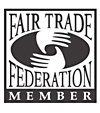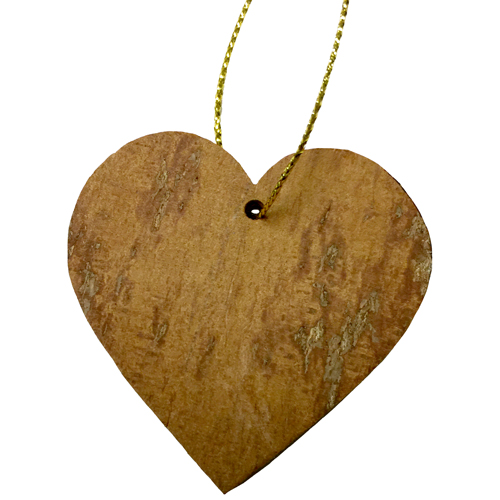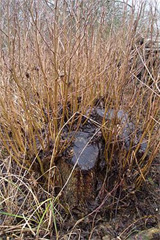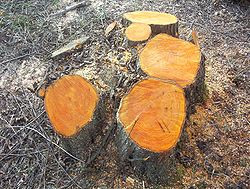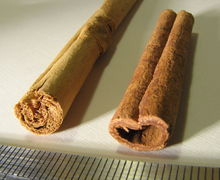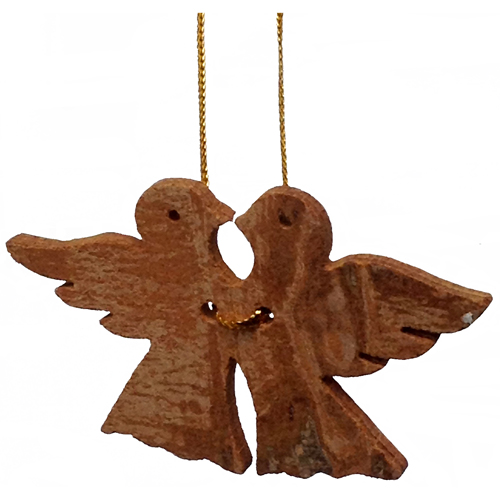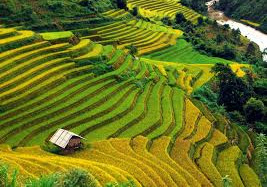
Yen Bai, in the mountainous north central province of Vietnam is well known for its terraced fields of rice, mines of marble stone, and for its forests of cinnamon trees. Here in Yen Bai, many families work together harvesting cinnamon bark and follow a tradition of making crafts that has been handed down for generations.
Both men and women work together, with the average age being between 20 and 35 years, making boxes and other crafts from cinnamon bark. Traditionally, this segment of society represented the rural poor, but through fair trade organizations, like Au Lac Designs, they are receiving training, input on new designs, and marketing support for their products. Producing value added crafts from cinnamon bark is more profitable than exporting the bark as an agricultural product and provides the artisans with their primary means of support; Au Lac pays them a fair wage for their crafts which helps them support their families, provide education for their children, and improve their life.
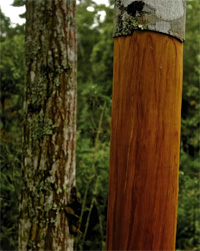
Farmers in the Yen Bai province have been planting forests as a means to increase their economic potential; with nearly 15,000 hectares of trees being planted each year, it is also a province with some of the largest forests in Vietnam. The cinnamon tree is one of the choice plantation trees because of the economic benefits of its inner bark. After only 6 years a mature tree can be harvested, the tree is cut to the ground, but the stump sprouts new branches and within four years it ready to again be harvested making the cinnamon tree an important renewable resource.






